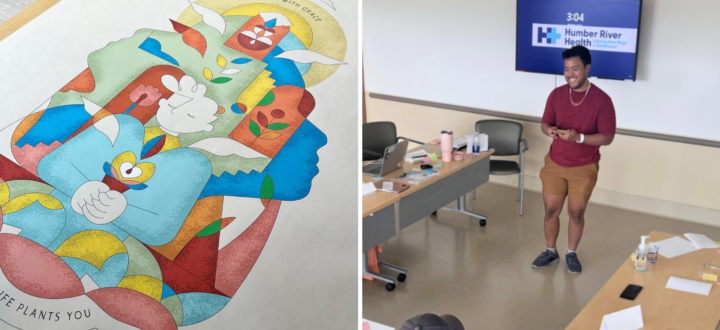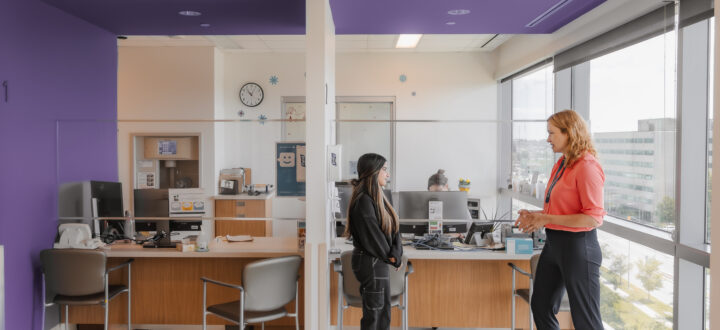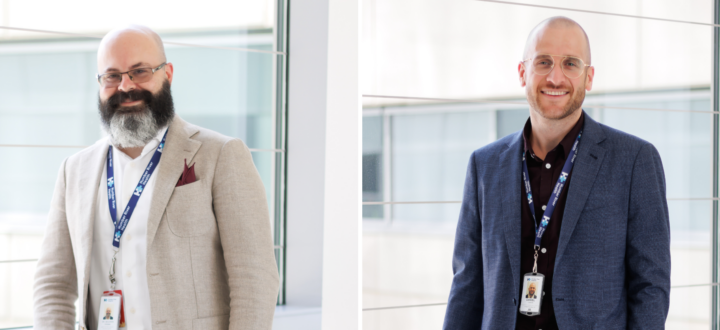Child & Adolescent Mental Health: Eduardo’s Story
Eduardo is 17 years old, and the eldest of three children. He and his family moved from Portugal to Canada 5 years ago. He is confident and bright. It’s hard to believe that just a few months ago his panic attacks were sending him to the hospital.
When Eduardo was 16, he started feeling anxious.
“I started to get nervous before school,” he remembers. “I thought it was about my tests or exams. I would find myself suddenly out of breath or very uncomfortable and warm. It felt like the walls were closing in on me.”
He began to feel increasingly worse. He was constantly nauseous, so he stopped eating, afraid to upset his stomach more. His body shook. Sometimes his body would spasm.
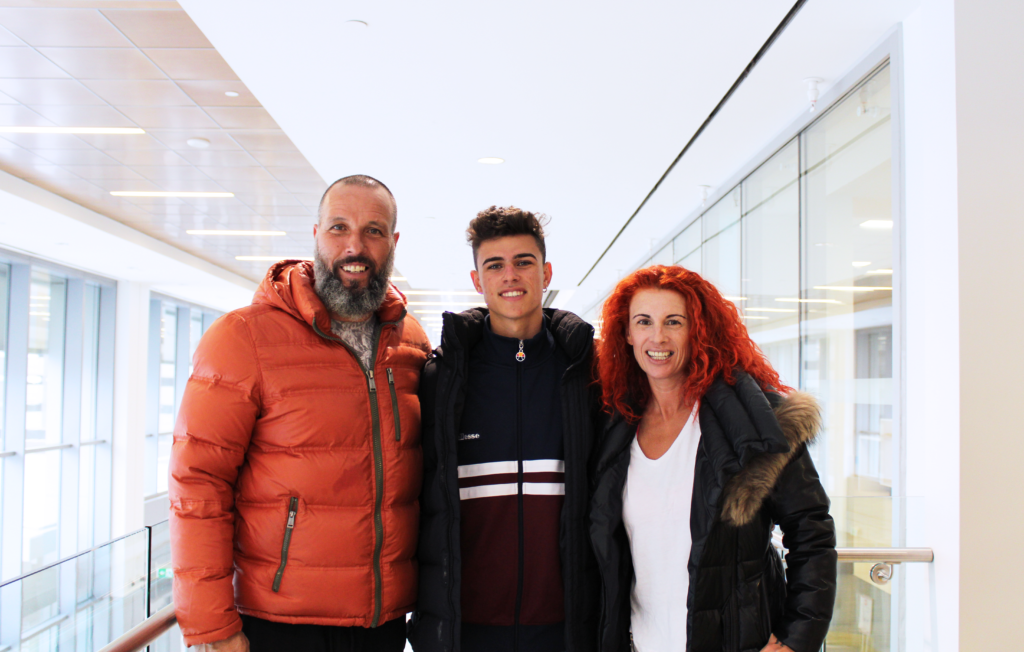
“My anxiety made me feel like nothing could help me,” says Eduardo, “It would make me happy if other kids with anxiety could read my story and know that there is help.”
Because he couldn’t eat, Eduardo lost a lot of weight. He became so thin that his parents could physically see his stomach rumble. His panic attacks got worse, and eventually Eduardo got so anxious he stopped going to school.
“One time I was playing soccer with my Dad’s friends,” remembers Eduardo. “I felt so nervous, but I couldn’t figure out why. It’s just a game, right? I was shaking so hard I had to stop playing. I told my Dad ‘It’s not me, it’s my body.’”
Eduardo became anxious about things most teenagers take for granted. Like going out with friends or deciding what to eat for breakfast. He was also too anxious to sleep in his room with the lights off. Instead, he would sleep on the living room couch, holding hands with his mother who slept next to him on the floor. They would fall asleep with the TV on, next to a bowl that Eduardo could use to vomit.
“As parents, we were not prepared for this,” says Eduardo’s father Filipe. “Sometimes kids don’t want to talk because they don’t want to hurt their parents – It was so unexpected.”
“We kept trying to find the reason why this was happening,” says Eduardo’s mother Maria. “But anxiety is complicated – there isn’t always a single reason.”
Eduardo’s anxiety and panic attacks became so bad that he ended up in Humber River Hospital’s Apotex Emergency Department – twice in one day. That’s when Humber laid out a 6 week plan for him, enrolling him in the Child & Adolescent Mental Health Urgent Care Clinic.
Eduardo attended weekly outpatient appointments with Rega Chang, a social worker, and Dr. Maged Kodsi, a child psychiatrist. His first appointment was booked 2 days after he was discharged from Emergency.
“When I met with Rega, she taught me techniques that would help when I started to feel anxious. She would give me homework, like eating one of the foods I was afraid to eat, or sleeping in my bedroom. We set small goals and would meet to discuss my progress. It was so helpful.”
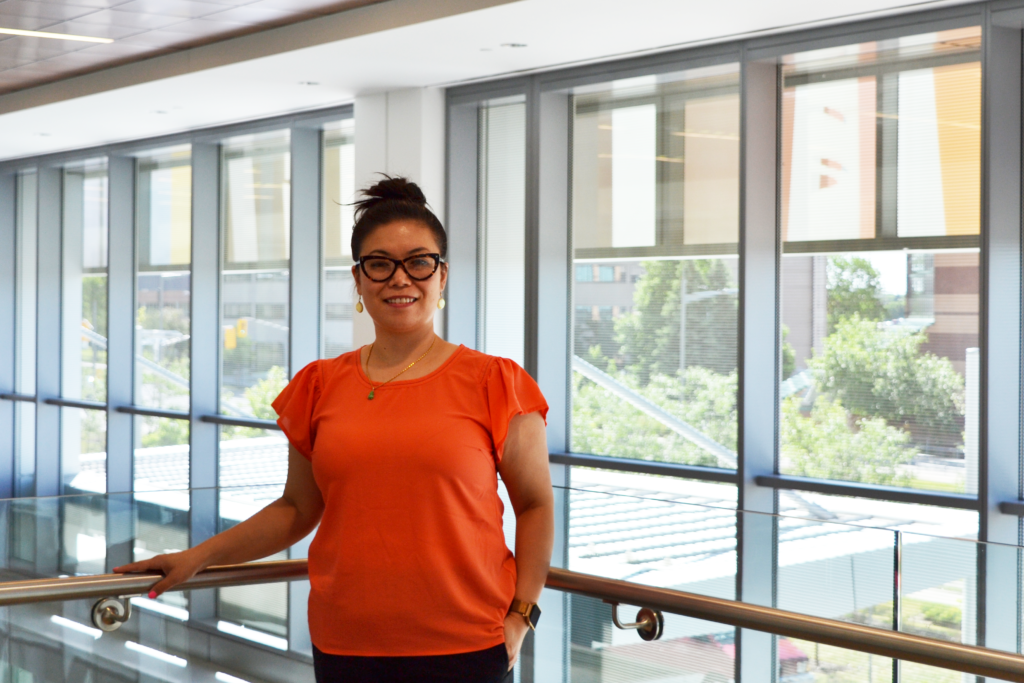
“We spoke to Eduardo’s school and met with his parents to teach them about anxiety and how to best support Eduardo,” says Rega Chang, a social worker at Humber. “We really try to work with the families so that the child has a stronger support network even outside our clinic.”
“Eduardo is a wonderful young man,” says Rega, “We did multi-systemic work with him. We spoke to his school and accommodations were made for him to complete his school year, and we also met with his parents to teach them about anxiety and how to best support Eduardo. We really try to work with the families so that the child has a stronger support network even outside our clinic.”
Piece by piece, Eduardo felt like he was getting his life back. Over the coming weeks, his diet improved, and with Dr. Kodsi’s help, his anxiety steadily decreased.
“Dr. Kodsi told me exactly what to expect with my medication,” says Eduardo. “He said at first the medication would make me feel nauseous, and then after a few weeks I would get used to it and start to feel better. That’s exactly what happened. It was reassuring.”
Towards the end of the six weeks, Eduardo started to feel like himself again. Dr. Kodsi asked him if he thought his progress was thanks to the medication or himself.
“I thought about it and decided I was responsible for the progress I made. The medication definitely helped, but I did the work.”
After Eduardo was discharged from the Urgent Care Clinic, he went on a family vacation back to Portugal. And the following September Eduardo started his last year of high school. He’s now looking forward to what’s next.
“At my lowest, I felt like there couldn’t possibly be anything worse than what I was feeling,” says Eduardo. “My anxiety made me feel like nothing could help me. It would make me happy if other kids with anxiety could read my story and know that there is help and it can get better.”



